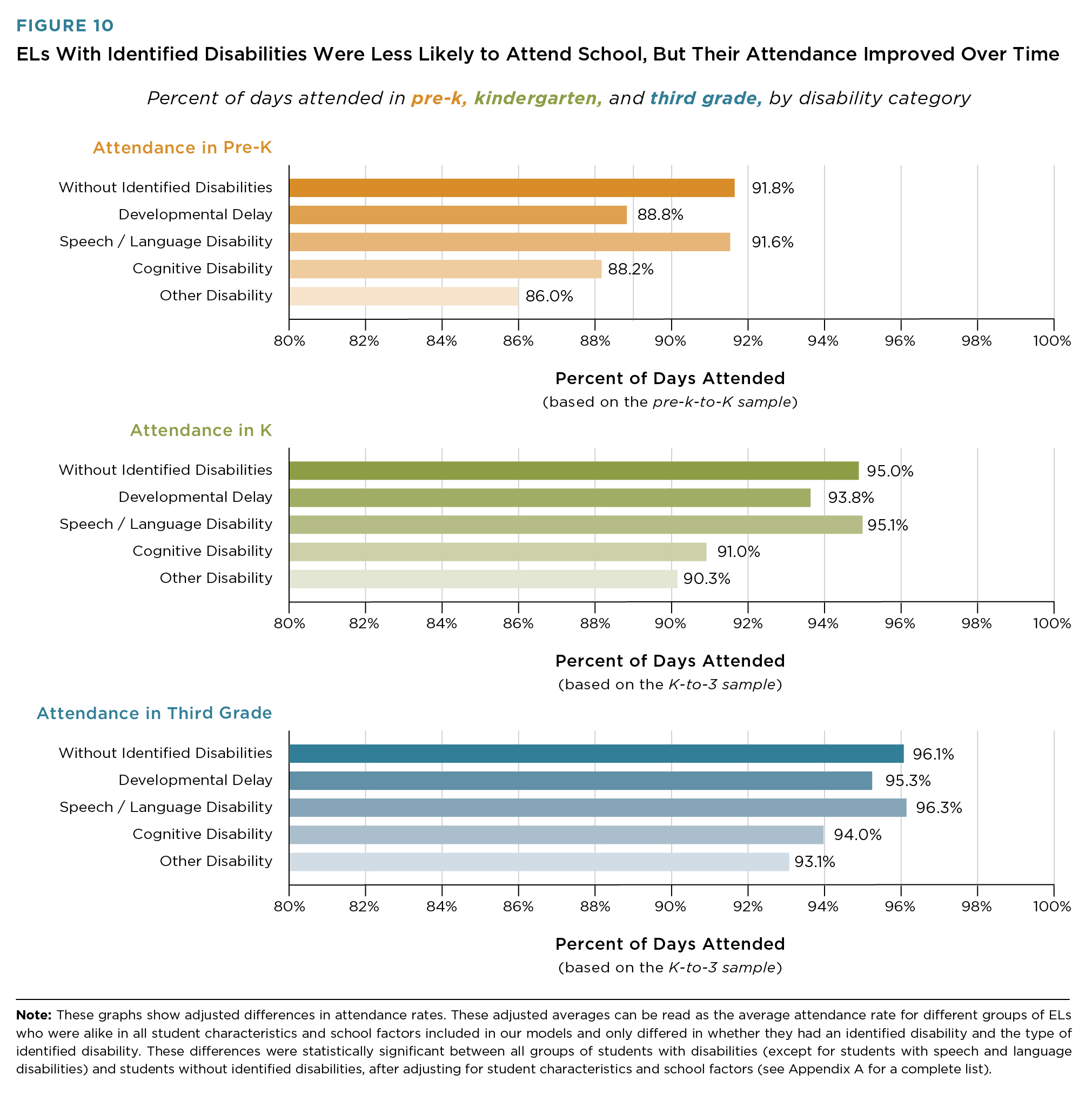1. What are the factors associated with stronger outcomes for ELs in pre-k and the early grades?
2. To what extent can schools identify ELs who would benefit from additional support?
English Learners (ELs) are students from whom much is expected: they are tasked with mastering grade-level content while also learning English, a language in which they are not fully proficient. Because so much is expected from these students, it is important to remember that the responsibility for providing them with a strong and equitable education lies with adults—teachers, school leaders, and policymakers. ELs have unique educational needs, and teachers and schools must provide strong support to help them succeed. To provide new and needed knowledge about what student and school characteristics are associated with EL success, this study examines outcomes from two samples of CPS ELs in pre-k and the early grades.
Click below to view a webinar from the Latino Policy Forum and the Robert R. McCormick Foundation (October 26, 2021).
Key Findings
Factors Associated with Stronger Outcomes for English Learners
- Attending a full-day classroom was associated with stronger EL pre-k attendance and kindergarten readiness in terms of English language development and early literacy.
- Enrolling earlier in CPS pre-k (prior to age four vs. at age four) supported ELs’ kindergarten readiness in terms of English language development and early reading skills.
- The differences in outcomes were still detectable—even as far as third grade—between students who attended a school-based CPS pre-k and those who did not.
- ELs who received language supports through their schools’ Bilingual Education Services had higher attendance and academic outcomes in the long run than students who refused bilingual services in kindergarten.
- Attending higher-rated schools, based on CPS’ School Quality Rating Policy, was associated with positive outcomes for ELs in terms of standardized test scores in math, reading, and English proficiency.
Identifying ELs Who Would Benefit From Additional Support
- Starting school with low levels of English proficiency was related to lower academic performance, measured by standardized test scores and grades; however, screener data were, in general, not related to attendance.
- ELs with identified disabilities made progress, but at a slower pace, toward acquiring English skills and most students with identified disabilities had lower attendance.




